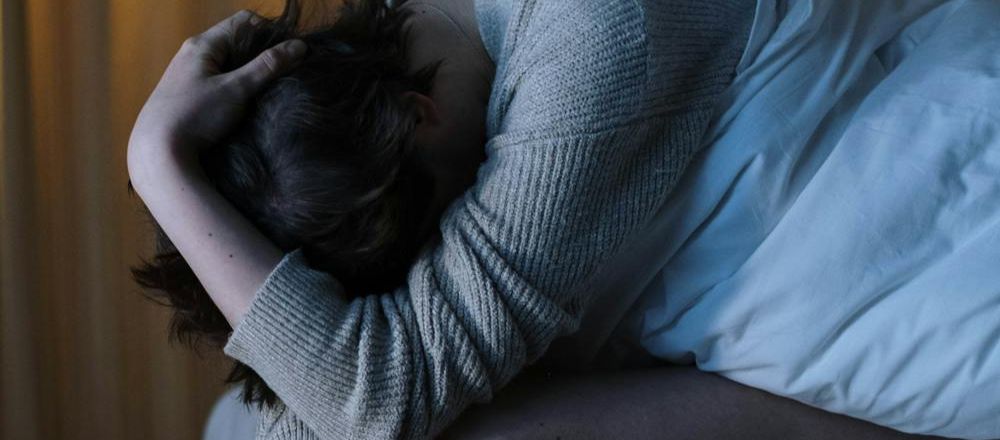Bipolar Disorder & Sleep Issues: What You Should Know
- Posted On: December 4, 2024
- Posted By: admin

Extreme mood fluctuations, including episodes of emotional highs (mania or hypomania) and lows (depression), are a hallmark of bipolar disorder, a mental health illness. Bipolar disorder’s effect on sleep is one of the less-talked-about but equally important components of managing the condition. A typical symptom of bipolar disorder, sleep problems can also worsen the illness by causing mood swings and making it more difficult for sufferers to control their symptoms.
The Link Between Bipolar Disorder and Sleep
Maintaining normal sleep patterns is sometimes quite difficult for those with bipolar illness. Depending on whether a person is suffering from depression, mania, or hypomania, sleep disruptions can take on distinct forms. People may have trouble falling asleep, feel energized, or require very little sleep during manic or hypomanic episodes. This decreased desire for sleep is frequently one of the first indicators that a manic episode is about to occur. On the other hand, people may get too drowsy or, on the other hand, suffer from sleeplessness during depressed periods.
People with bipolar illness may experience poor sleep as a cause or a symptom. The start of mania or depression can occasionally be precipitated by disturbed sleep habits, which can also precede mood swings. In order to stabilize mood and provide a higher quality of life for people with bipolar illness, sleep management is therefore essential.
Types of Sleep Issues in Bipolar Disorder
1. Insomnia:
People with bipolar illness frequently suffer from sleeplessness during depressive episodes, which can intensify gloomy, tired, and hopeless sensations. These depressed symptoms are exacerbated by sleep deprivation, resulting in a difficult cycle that can be difficult to stop.
2. Hypersomnia:
Some people have hypersomnia, or excessive sleeping, even though sleeplessness is prevalent, particularly during depressed periods. It may become difficult to go about everyday activities as a result of this overpowering sense of sluggishness and lack of drive.
3. Reduced Sleep Need:
In manic or hypomanic episodes, people frequently have less need for sleep. A prolonged duration of wakefulness that might worsen the manic episode may result from their feeling awake and energized even after just a few hours of sleep.
4. Sleep-Wake Rhythm Disruptions:
Sleep-wake cycles are erratic in many bipolar illness sufferers, particularly if they don’t follow a rigid schedule. Their sleep may become inconsistent as a result, which can worsen bipolar symptoms and destabilize their mood.
Seeking Professional Help
Managing sleep problems in bipolar illness frequently calls for a team effort that includes both medication and lifestyle changes. Sometimes doctors will prescribe sleep aids, but they need to be closely monitored by a psychiatrist since some of them might affect emotional stability. Another useful choice is Cognitive Behavioral Therapy for Insomnia (CBT-I), which teaches people how to control their sleep patterns without running the risk of negative drug side effects.
Conclusion
In order to effectively manage the widespread and complicated sleep problems associated with bipolar illness, a multifaceted strategy is frequently necessary. Treatment for bipolar illness must include treating sleep issues, which can have a substantial impact on general mental health and well-being. For those with bipolar illness, making sleep health a priority is essential to long-term stability and mood regulation; it’s not simply about getting enough sleep.